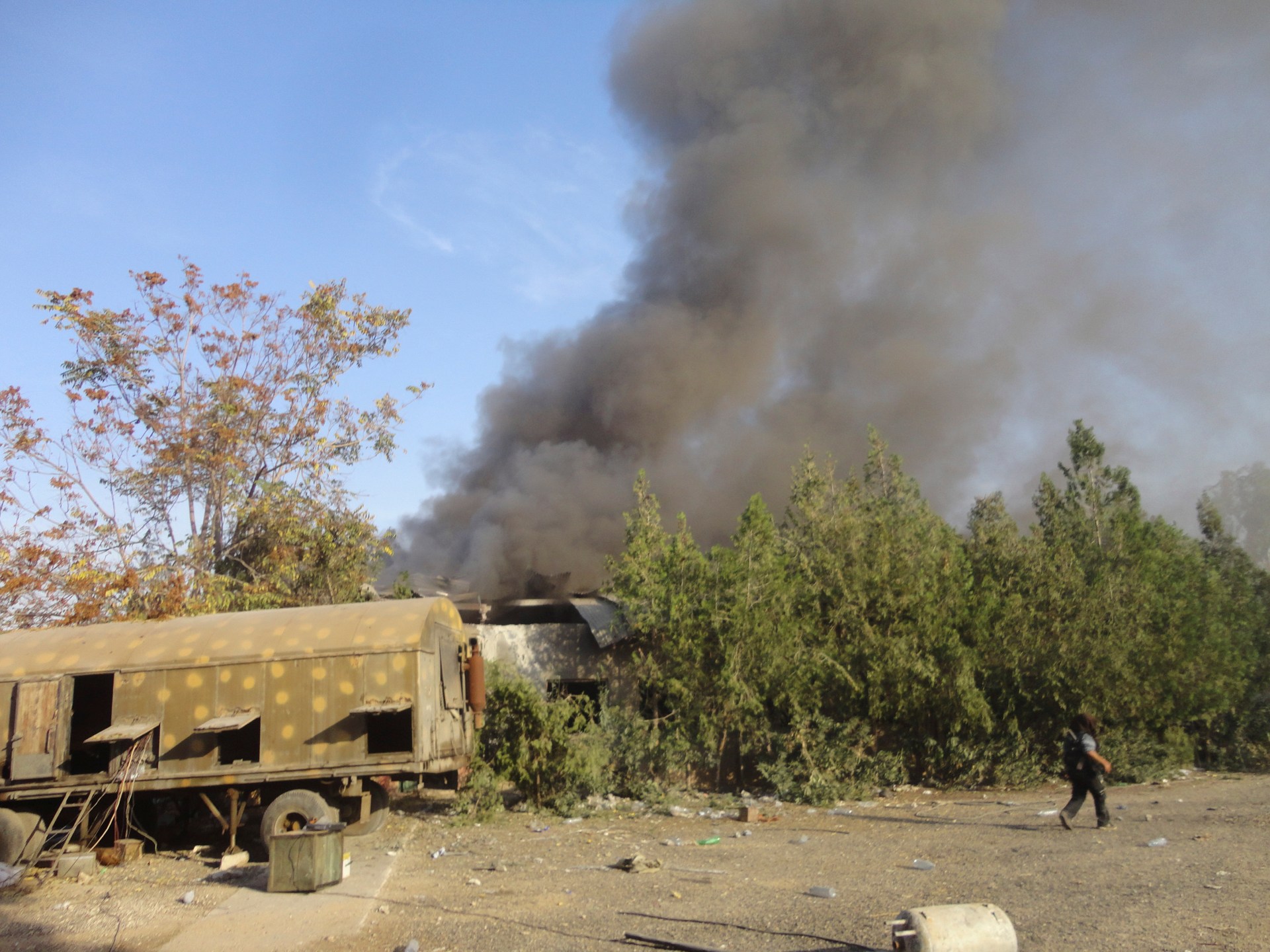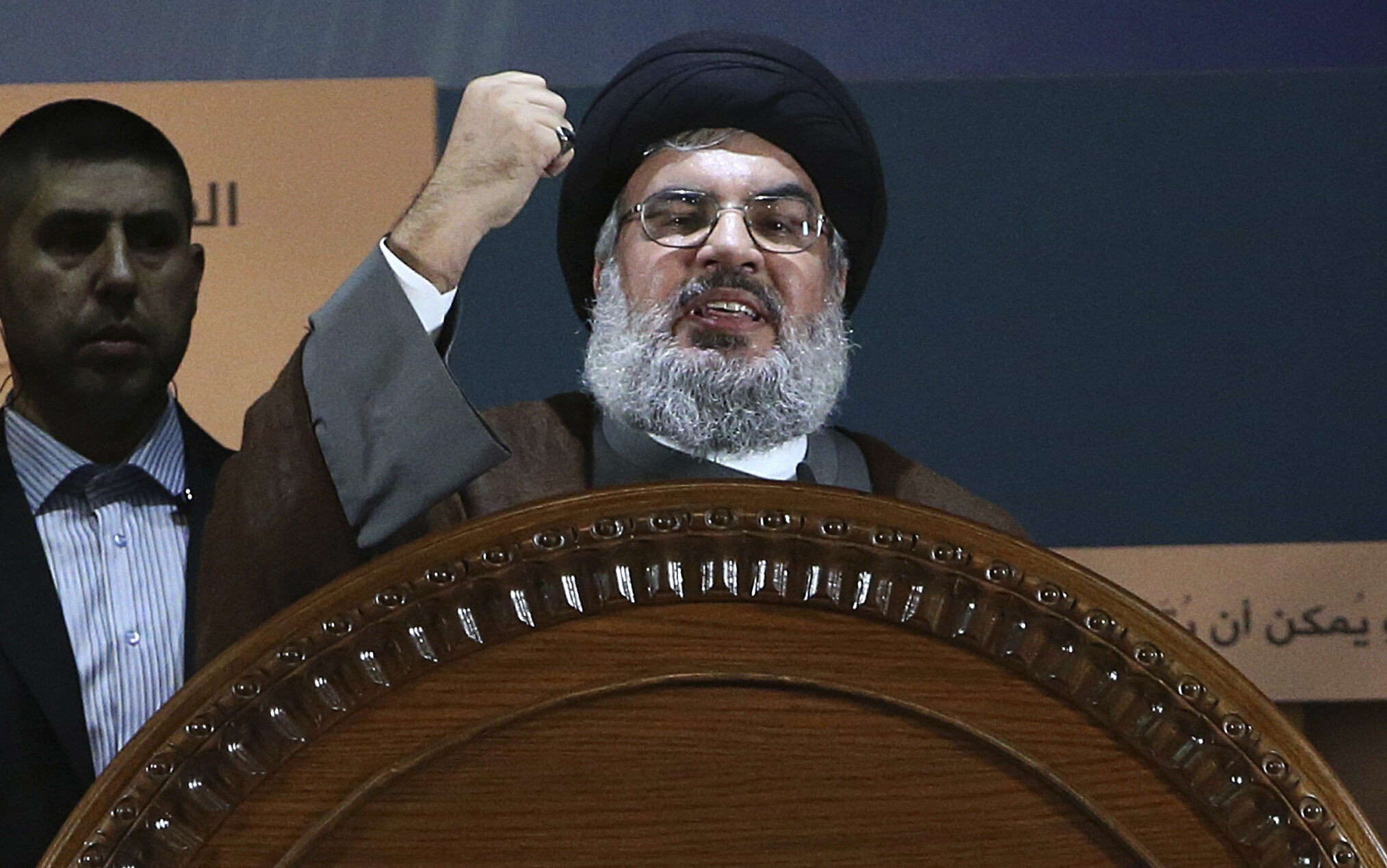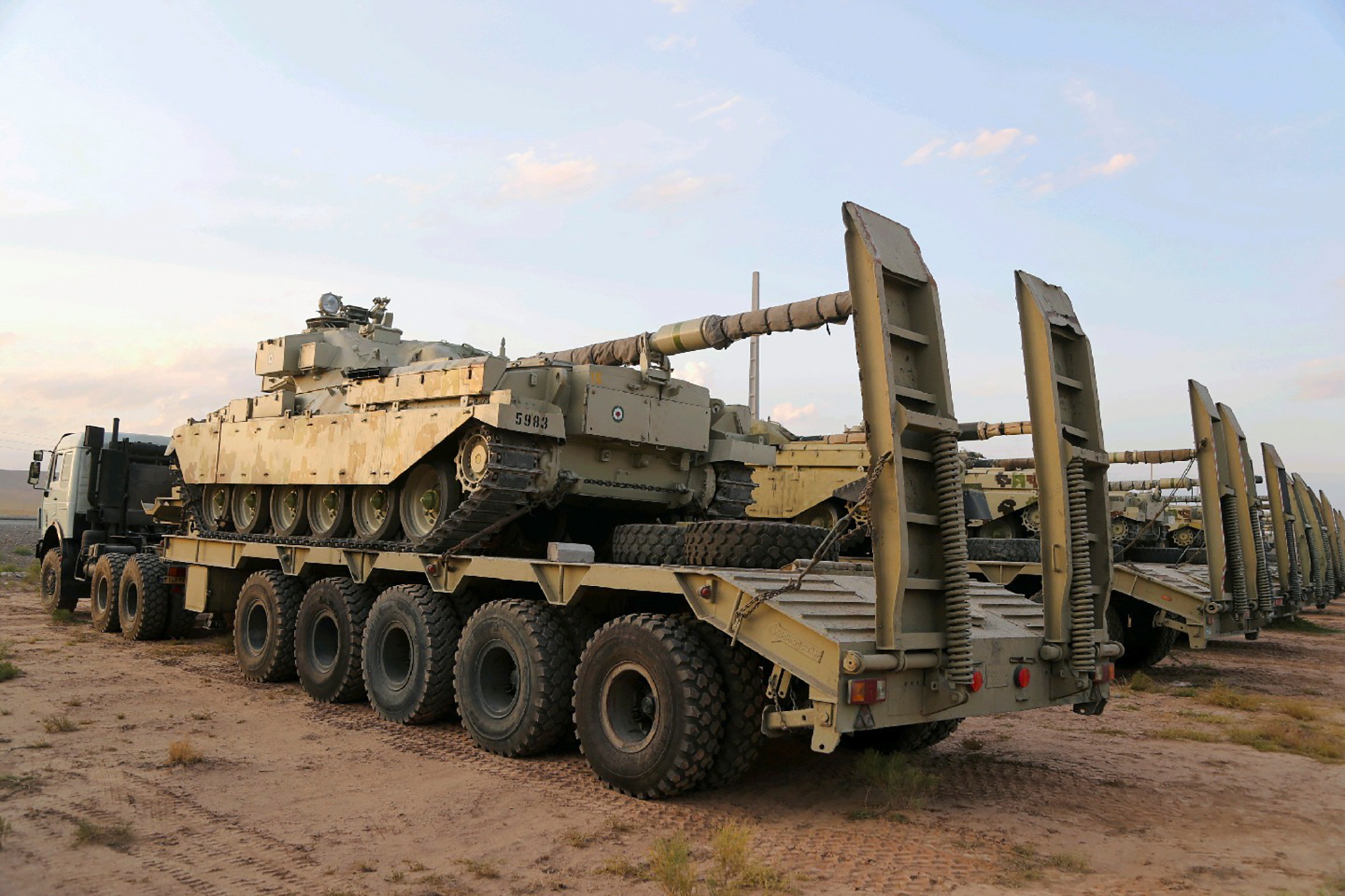Yet another report of an Israeli attack and Syrian air defence managing to intercept some missiles. We've become used t such reports and have long taken for granted that such reports are purely the work of Syrian propagandists but is this really true? It it inconceivable that the Syrians might actually be capable of shooting down some missiles or are they actually 'intercepting' decoys?
The only dependable sources on numbers are western, so in this case it would be Israel, which does not publish any statistics that could show interception rates.
Syria uses air defenses that are frankly obsolete. Not very far from what they had in 1982. In those 40 years, Israel's EW systems which were enough to outright destroy a significant portion of Syria's air defenses, IIRC a whopping 19 batteries and close to a hundred fighters downed, have improved significantly.
Israel also had no issue whatsoever destroying scores of Syrian batteries in recent years whenever the SAA was attempting to fire on aircraft.
Considering today's munitions are only becoming smaller and faster, and sometimes themselves coupled with independent EW, and accompanied by fighters that can activate powerful, highly directional EW from standoff distances, Syria's ability to down munitions has only diminished from the near zero it had decades ago.
The only exception would be the Pantsir, but being a low tier system, it does not have the capacity to carry a strong radio suit that would protect it from hostile EW that could be tailored to it. I don't know if Pantsir uses AESA, which is a technology that enables advanced Low Probability of Intercept techniques, but it is very unlikely it has it, especially in the variant given to Syria. It is said to be PESA online.
Its low numbers and lack of air coverage prevent it from being employed effectively.
Couple all that with poor Syrian training and low proficiency and you get an army that mostly shoots missiles into the sky as if they were ballistic missiles (not once they've actually landed very far away after flying a ballistic trajectory).
This campaign is expensive, so I can only assume the IAF would start plucking air defenses if they could down munitions.
Also; given that the Israelis have launched multiple attacks on what they claim are Iranian/Hezbollah targets; how accurate are these strikes in actually destroying supplies and killing people? By now Syria, Iran and Hezbollah will have a pretty good idea as to what to expect and will take certain precautions such as sending out decoys, fake transmissions, etc.
As accurate as the intel, which should be accurate enough to pinpoint a target. The IAF has many target discrimination tools at its disposal, so the question should not be how accurate they are with the targets they find, but how many they find and how many they miss.
It's also wrong to assume killing people is an objective, or even anything but a negative outcome. One of the best ways to gauge the accuracy and efficiency of such campaigns is by how killing-free they are.
Any dead Hezbollah/IRGC/SAA member is an embarassment to these parties and therefore a likely escalation, which none wants.
Both Israel and Iran have exhibited the desire and ability to keep things below the radar to avoid escalations that derive from public reaction.





